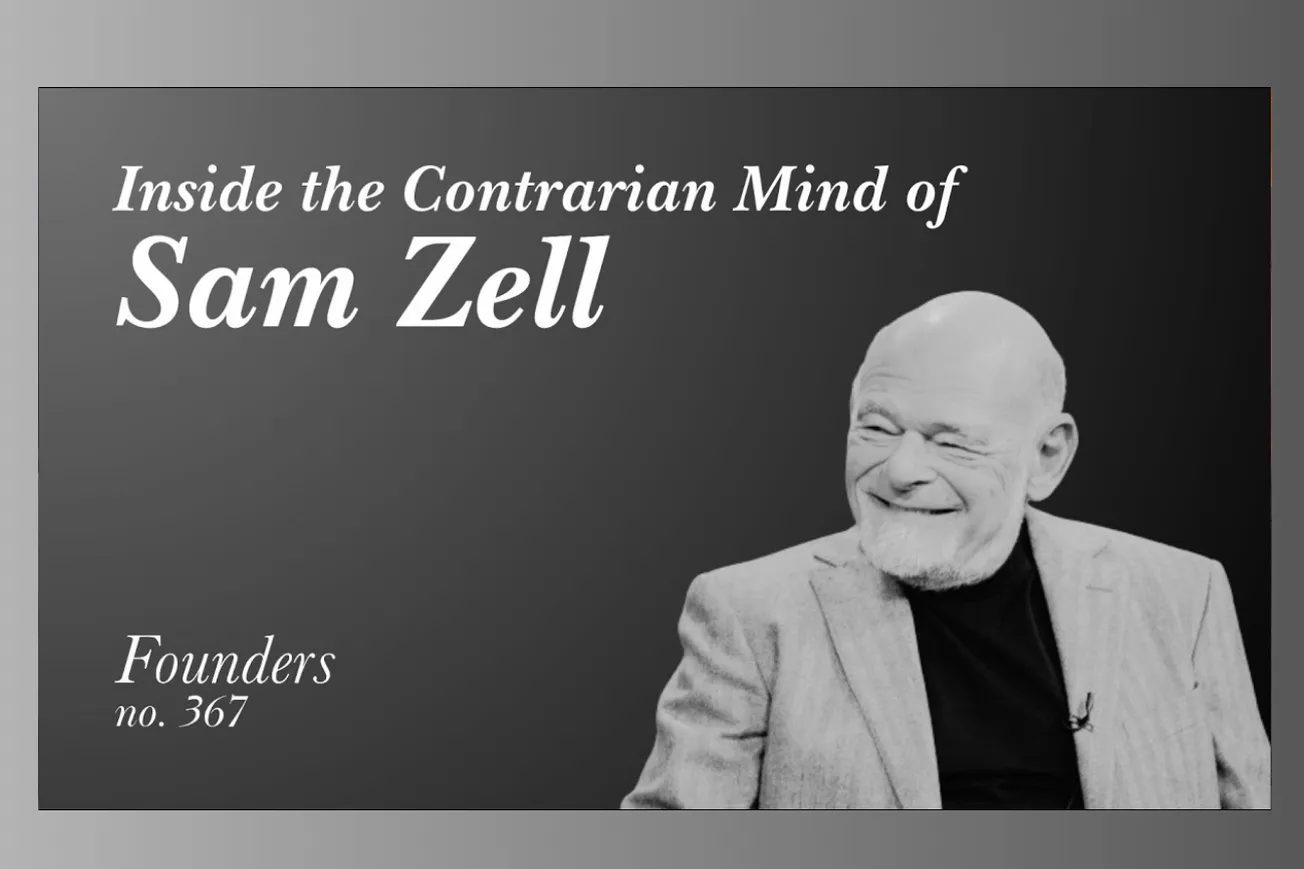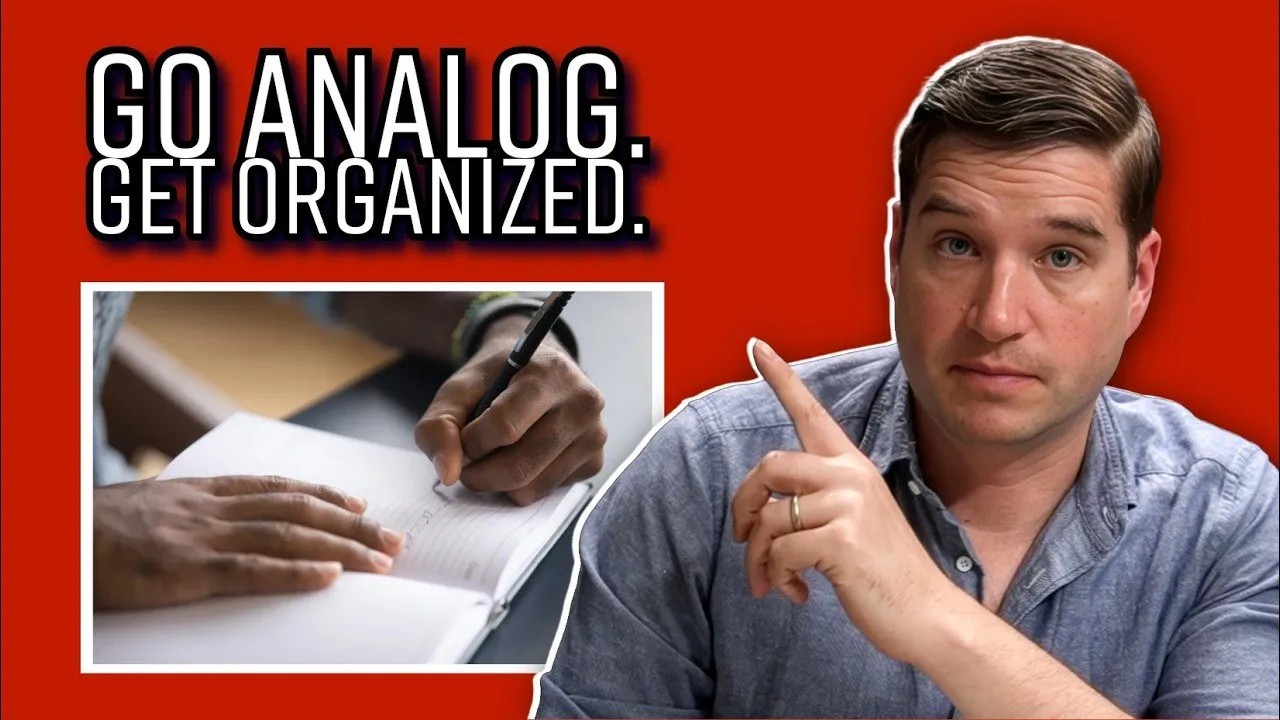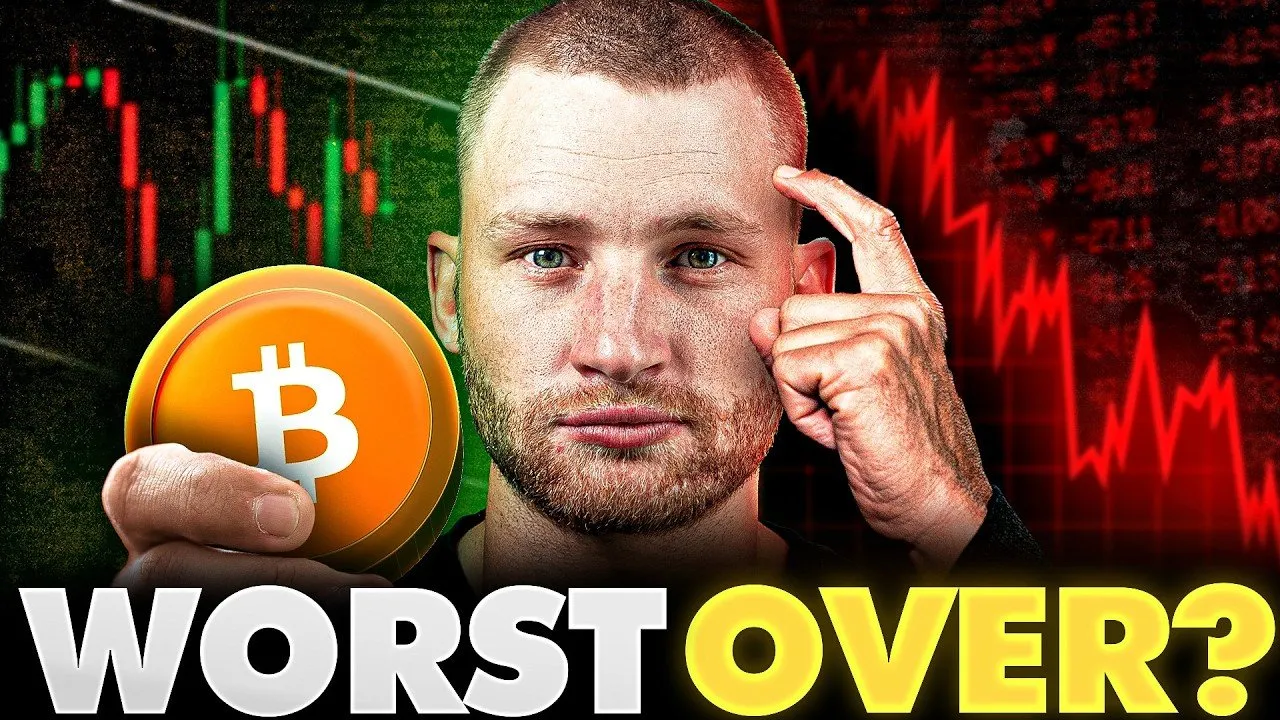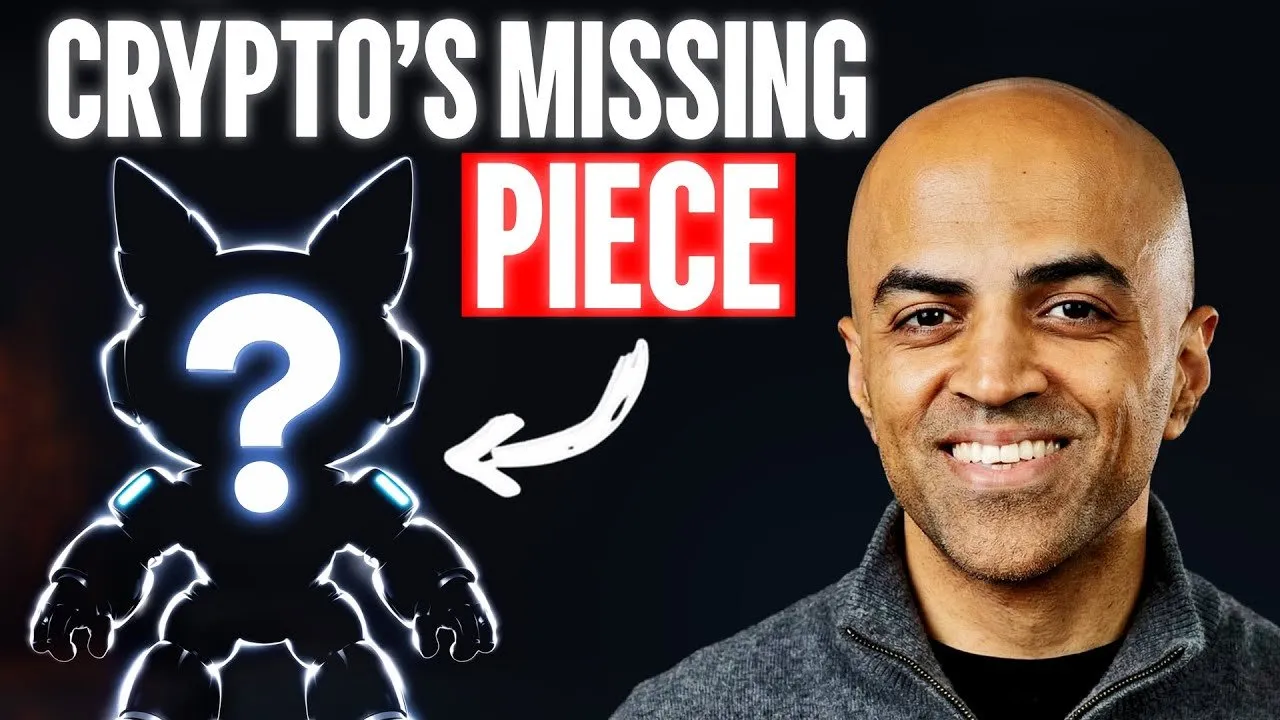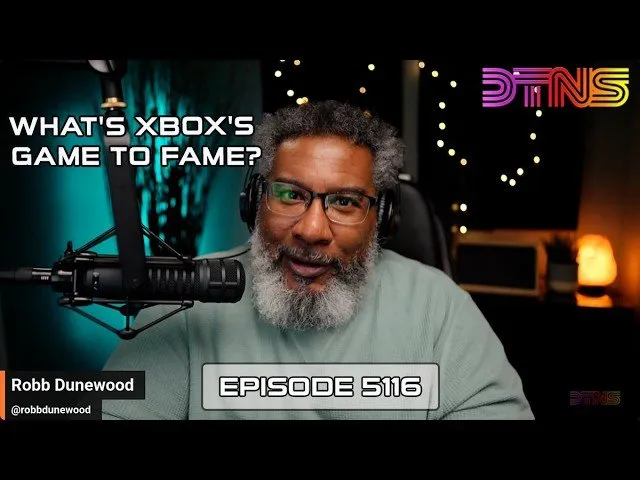Table of Contents
Sam Zell's unconventional approach to business transformed him from a college entrepreneur into one of America's most successful real estate moguls and contrarian investors.
Key Takeaways
- Zell deliberately went "over the line" to shock employees into urgency about their company's $50 million cash flow loss
- His mindset focuses entirely forward: "My head only functions looking forward, I'm not really very good at looking behind"
- Relentless curiosity drove him to explore opportunities globally, from Mongolia mining projects to Iraq business ventures
- He avoided competition by consistently moving to less crowded markets and exiting when others flooded in
- Building long-term relationships mattered more than squeezing maximum profit from individual deals
- Fear and courage are "cousins" - he used fear as motivation rather than letting it paralyze decision-making
- Freedom became his ultimate goal: controlling what you work on leads to working on what you love
- His simple philosophy: "I make money. That's what I do. I'm a professional opportunist"
- Repetition of core principles created organizational alignment across decades of deal-making
Timeline Overview
- 00:00-15:00 — Zell's confrontational response to employee criticism about his direct communication style, defending his methods for creating urgency
- 15:00-30:00 — Discussion of his forward-looking mindset on failure, illustrated through Tribune bankruptcy and fighter analogies
- 30:00-45:00 — His insatiable curiosity exemplified through global travels, Mongolia mining expedition, and beginner's mindset approach
- 45:00-60:00 — Early career contrarian moves, avoiding crowded real estate markets, and transition to corporate acquisitions
- 60:00-75:00 — Real estate empire building through distressed opportunities and massive leverage buyout to Blackstone
- 75:00-90:00 — Relationship-building philosophy, overpaying financing partners to ensure long-term partnerships
- 90:00-105:00 — Competitive nature, unlimited ambition, and the importance of constantly testing personal limits
- 105:00-120:00 — Leadership through teaching, repetition of core principles, and the value of authentic communication
Unfiltered Leadership: Zell's Direct Communication Philosophy
- Zell's explosive response to employee criticism revealed his calculated strategy for creating organizational urgency during a crisis period when the company hemorrhaged $50 million in annual cash flow. His profanity-laced confrontation wasn't accidental rudeness but deliberate shock therapy designed to redirect focus from political correctness to financial survival.
- He articulated his core belief that authentic leadership requires uncomfortable honesty: "I went over the line on purpose, not accidentally. I went over the line on purpose to see if I could bring you to the edge." This approach prioritized organizational awakening over individual comfort levels.
- The "11th commandment" became central to his management philosophy - "Thou shalt not take oneself seriously" - which he used to combat organizational bureaucracy and self-importance that hindered decision-making speed and effectiveness.
- His challenge to employees focused relentlessly on revenue generation rather than process compliance, questioning why the company required "14 signatures for somebody to go to the bathroom" and "10 signatures for somebody in York Pennsylvania to buy a $10,000 Jeep."
- Zell distinguished between disrespect and necessary confrontation, arguing that creating discomfort was essential for organizational survival: "I'm not disrespecting anybody. I'm trying to make everybody uncomfortable because that's the only way we've got a chance."
- He positioned his controversial language as a test of employee priorities, stating bluntly: "If my language matters to you, you're in the wrong place" while emphasizing that revenue generation should dominate all other concerns.
The Forward-Looking Mindset: Learning from Failure Without Dwelling
- Zell's approach to the Tribune bankruptcy demonstrated his philosophical commitment to forward momentum over retrospective analysis, stating definitively: "My head only functions looking forward. I'm not really very good at looking behind, so consequently I don't tend to reminisce or mutilate myself as a result of past decisions."
- He maintained conviction in his decision-making process even when outcomes proved disastrous, explaining: "I think I made the right decision when I made it. I thought it was an appropriate investment at the time. Obviously circumstances have proven the opposite, but this too shall pass."
- His perspective aligned with elite athletes who view losses as learning opportunities rather than permanent setbacks, echoing fighter Dominick Cruz's philosophy: "Loss is a part of life. If you don't have loss, you don't grow. This isn't tough, this is light."
- Michael Jordan's wisdom resonated with Zell's approach to setbacks: "I hate losing, but I have to respect losing because losing is a part of winning. You never just win, you have to lose to win." This mentality transformed failures into stepping stones rather than stumbling blocks.
- Even during his greatest professional failure, Zell maintained his characteristic optimism and momentum, remaining "in hyperdrive with an ongoing program to sniff out new investments on a global scale" and spending "1,200 hours a year on his private jet combing the world for the next investment opportunity."
- His fundamental belief about entrepreneurship eliminated the concept of true failure: "True entrepreneurs never fail. Sometimes it doesn't work out, but they never fail." This reframing allowed continuous risk-taking without paralyzing fear of negative outcomes.
Relentless Curiosity: The Engine of Opportunity Discovery
- Zell's legendary curiosity manifested in his willingness to travel anywhere for learning opportunities, exemplified by his immediate response to hearing about Robert Friedland's Mongolia copper mining project: "Let's go" - despite Mongolia having minimal business activity and limited tourism infrastructure at the time.
- His approach to new environments involved intensive questioning about culture, people, government, markets, and economic systems, treating every location as a potential classroom rather than merely a business opportunity or tourist destination.
- The famous story of his first meeting with Steve Schwarzman illustrated his beginner's mindset perfectly - arriving in leather pants and motorcycle jacket, sitting on the floor of Blackstone's bare office, and directly stating: "I don't know much about finance. Why don't you teach me?"
- His global curiosity extended beyond obvious business centers to unconventional locations like Iraq and Egypt, where he spent time in "nondescript simple offices talking to local small business people" rather than limiting himself to high-profile meetings with major business figures.
- Even in his 70s and 80s, Zell maintained this learning appetite, discovering podcasts through his mentee Rick and demanding comprehensive education: "Teach me about podcasts" led to consuming multiple episodes and intensive questioning about business models, startup processes, and industry dynamics.
- His fundamental view of business as puzzle-solving rather than warfare drove this curiosity: "Business is not a battle to be waged, it is a puzzle to be solved." This perspective transformed every interaction into potential intelligence gathering for future opportunities.
Contrarian Investment Strategy: Profit from Others' Mistakes
- Zell's core investment philosophy centered on avoiding competition through strategic timing: "Frankly, there's no substitute for limited competition. You can be a genius, but if there's a lot of competition, it won't matter. I've spent my career trying to avoid its destructive consequences."
- His preference for market structure reflected this anti-competition stance: "I jokingly tell people that competition is great for you. Me, I'd rather have a natural monopoly, and if I can't get that, I'll take an oligopoly."
- The 1980s real estate bubble provided a perfect example of his contrarian timing - while developers borrowed heavily to build speculative office space, he raised opportunity funds totaling over $1 billion in 13 months to acquire distressed properties when the inevitable crash occurred.
- His observation about human nature drove investment decisions: "There is one generally invaluable tenant when it comes to real estate developers - no matter how disciplined they might presume themselves, given access to easy money, they will feed at the trough and overindulge."
- Rational decision-making trumped emotional attachment to prestigious assets, demonstrated when he lost bidding wars for Rockefeller Center twice because other bidders became emotionally invested and bid beyond economic justification.
- His exit strategy proved equally contrarian - he sold Equity Office Properties to Blackstone for $39 billion in February 2007, timing the market peak perfectly while others continued buying into an overheated market.
Relationship Capital: Investing in Long-Term Partnerships
- Zell's approach to financing relationships prioritized long-term value over short-term savings, deliberately overpaying interest rates to strengthen partnerships - paying 7.75% instead of the offered 7.25% on a $150 million loan to invest an extra $2 million in relationship building.
- His philosophy emphasized future deal flow over current profit margins: "Listen, on a $150 million loan this is going to cost me an extra $2 million, and in the grand scheme of things that's irrelevant. What's more important is now we have a good relationship and a true partnership."
- This relationship-first approach created compound benefits across decades: "It's not about the money I'm going to make or lose on this deal, it's what happens on the next one and the next one and the next one."
- His father's wisdom became foundational to his business approach: "Nothing was more important than a man's honor. A good name, reputation is the most important asset." This principle guided decision-making throughout his career.
- The importance of making partners profitable extended beyond immediate transactions - Zell ensured that people made money with him when taking companies public, creating a network of willing future partners.
- His reputation for fair dealing attracted quality opportunities, as demonstrated by Charlie Munger's observation about building "a seamless web of deserved trust" that enabled decades of successful collaborations.
Unlimited Ambition: Testing Personal and Professional Limits
- Zell's fundamental belief about human potential drove his relentless expansion: "My definition of a fool is somebody who has reached his limits. Almost by definition, whatever goals you set, you need to constantly readjust them so that in no time do you reach your goals before your time is up."
- His geographic ambition illustrated this limitless thinking perfectly - flying across Nebraska with his partner Bob Lurie, he observed: "Look down there, do you realize how much real estate we don't own yet?" This perspective transformed every market into potential opportunity rather than recognizing boundaries.
- The transition from Ann Arbor to Chicago represented his commitment to testing limits: "I decided that I had to find out how good I was, and that I'd never be happy if I didn't really understand what I was capable of. I don't think I could really test that in Ann Arbor."
- His competitive nature extended beyond rational business decisions into personal characteristics: "I suffer from being very competitive, and that is not limited to things I can do well." This admission revealed the emotional drive behind his analytical approach.
- The principle "unless you're the lead dog, the scenery never changes" captured his refusal to accept secondary positions in any industry or deal structure, constantly seeking market dominance rather than profitable participation.
- His view of second place as failure motivated continuous expansion: "Second is the first loser. Nothing but winning really counted." This mindset drove him to "stubbornly pursue an object of his desire until he gets what he wants."
Authentic Living: Freedom as the Ultimate Luxury
- Zell's definition of success centered on personal freedom rather than wealth accumulation: "I'm a guy who has an extraordinary good time. I'm a guy who really focuses on not being anywhere I don't want to be and not doing anything that I don't want to do."
- His advice about achieving freedom followed a logical progression: "Go for freedom. Freedom allows you to control what you work on. If you control what you work on, then you can work on what you love. If you love it, you'll do it for a long time. If you do it for a long time, you'll get really good at it, and money will come as a result."
- The importance of authentic self-expression appeared throughout his career, summarized in his belief that "what you see is what you get" - maintaining consistent personality across all interactions rather than adapting to audience expectations.
- His comfort with controversy stemmed from self-acceptance: "I truly did not care what other people thought of him." This mindset enabled decision-making based on principles rather than social approval.
- Fear remained present but manageable through proper perspective: "At times, going against conventional wisdom is painful, lonely, and for sure creates all kinds of self-doubt and fear. Fear is an extraordinarily healthy characteristic."
- His approach to fear transformation echoed Jimmy Iovine's philosophy: "If you can figure out a way to wrestle that fear to push you from behind rather than stand in front of you, that is very powerful."
Sam Zell's contrarian approach proved that authentic leadership and unconventional thinking create sustainable competitive advantages across multiple decades. His legacy demonstrates that combining relentless curiosity with disciplined execution can transform industries while maintaining personal freedom and authentic relationships.

